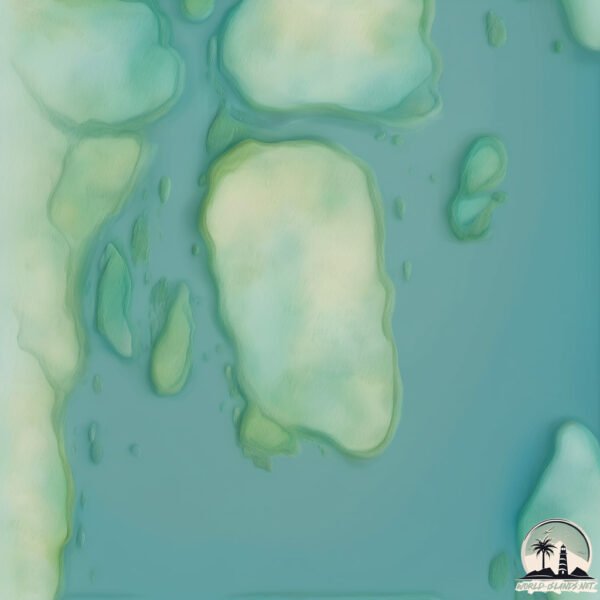Garden Island

Welcome to Garden Island, a Temperate island in the Coral Sea, part of the majestic Pacific Ocean. This guide offers a comprehensive overview of what makes Garden Island unique – from its geography and climate to its population, infrastructure, and beyond. Dive into the details:
- Geography and Size: Explore the island’s size and location.
- Climate and Weather: Weather patterns and temperature.
- Topography and Nature: Uncover the natural wonders of the island.
- Infrastructure and Travelling: Insights on reaching, staying, and making the most of your visit.
- News and Headlines: Latest News.
Geography and size of Garden Island
Size: 2.393 km²
Coastline: 7.4 km
Ocean: Pacific Ocean
Sea: Coral Sea
Continent: Oceania
Garden Island is a Small Island spanning 2.4 km² with a coastline of 7.4 km.
Archipel: –
Tectonic Plate: Somalia – A large tectonic plate covering the Horn of Africa and parts of the Indian Ocean, known for the East African Rift where it’s splitting away from the African Plate.
The geographic heart of the island is pinpointed at these coordinates:
Latitude: -25.58661914 / Longitude: 152.89472865
Climate and weather of Garden Island
Climate Zone: Temperate
Climate Details: Humid Subtropical Climate
Temperature: Hot Summer
Climate Characteristics: With continuous rainfall and hot summers, this climate is common in some coastal regions, supporting diverse vegetation.
Topography and nature of Garden Island
Timezone: UTC+10:00
Timezone places: Australia/Sydney
Max. Elevation: 3 m
Mean Elevation: 3 m
Vegetation: Mangrove Forest
Tree Coverage: 7%
The mean elevation is 3 m. The highest elevation on the island reaches approximately 3 meters above sea level. The island is characterized by Plains: Flat, low-lying lands characterized by a maximum elevation of up to 200 meters. On islands, plains are typically coastal lowlands or central flat areas.
Dominating Vegetation: Mangrove Forest
Found in coastal areas and river deltas, these unique wetland ecosystems are adapted to saline conditions and are crucial for coastal protection and biodiversity. Garden Island has a tree cover of 7 %.
Vegetation: 1 vegetation zones – Minimal Diversity Island
These islands exhibit the most basic level of ecological diversity, often characterized by a single dominant vegetation type. This could be due to extreme environmental conditions, limited land area, or significant human impact. They represent unique ecosystems where specific species have adapted to thrive in these singular environments.
Infrastructure and Travelling to Garden Island
Does the island have a public airport? no.
There is no public and scheduled airport on Garden Island. The nearest airport is Maryborough Airport, located 21 km away.
Does the island have a major port? no.
There are no major ports on Garden Island. The closest major port is BUNDABERG, approximately 99 km away.
The mean population of Garden Island is 0 per km². Garden Island is Uninhabited. The island belongs to Australia.
Continuing your journey, Turkey is the next notable island, situated merely km away.
Australia is classified as Developed region: nonG7: Developed economies outside of the Group of Seven, characterized by high income and advanced economic structures. The level of income is High income: OECD.
News – Latest Updates and Headlines from Garden Island
Stay informed with the most recent news and important headlines from Garden Island. Here’s a roundup of the latest developments.
Please note: The data used here has been primarily extracted from satellite readings. Deviations from exact values may occur, particularly regarding the height of elevations and population density. Land area and coastline measurements refer to average values at mean high tide.
